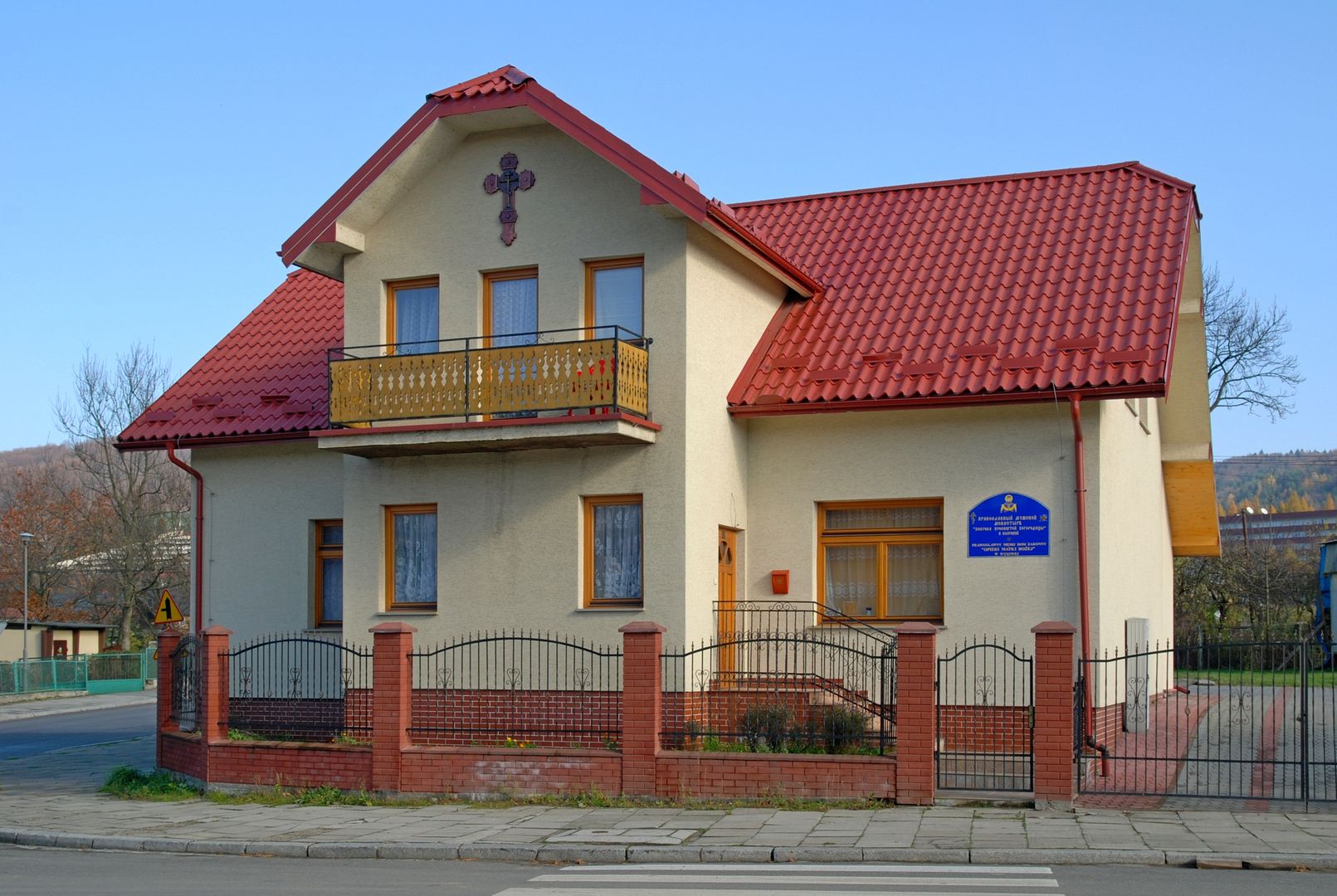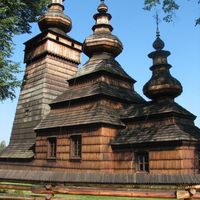Wysowa-Zdrój
6.94

Overview
Wysowa-Zdrój is a spa village located in southern Poland, in the Lesser Poland Voivodeship. Known for its healing mineral waters, the village boasts diverse social infrastructure, including a primary school, kindergarten, library, medical clinic, and a mineral water drinking hall. Architecturally, it features the historic Parish Church of the Assumption of the Blessed Virgin Mary and the wooden St. Michael the Archangel Orthodox Church from 1779. Wysowa is also home to War Cemetery No. 50, designed by Dušan Jurkovič, and several other religious sites, including the Greek Catholic Church of the Protection of the Mother of God. Historically, Wysowa-Zdrój has a rich past dating back to the 14th century, with its waters gaining recognition as early as the 18th century, attracting health seekers. After World War I, the spa faced difficulties but regained its prominence during the interwar period. Today, the spa is managed by a state-owned company and specializes in treating conditions such as chronic kidney diseases and digestive system disorders. Wysowa-Zdrój attracts tourists not only for its mineral waters but also for its numerous hiking and cycling trails set amidst the picturesque landscapes of the Low Beskids. In recent years, cultural events like the "Święto Rydza" (Mushroom Festival) have been organized, bringing together the local community and visitors. The village is also notable for its proximity to the Slovak border, and its attractions continue to draw regular guests.
Location
You can also find here:
2026 Wizytor | All Rights Reserved
